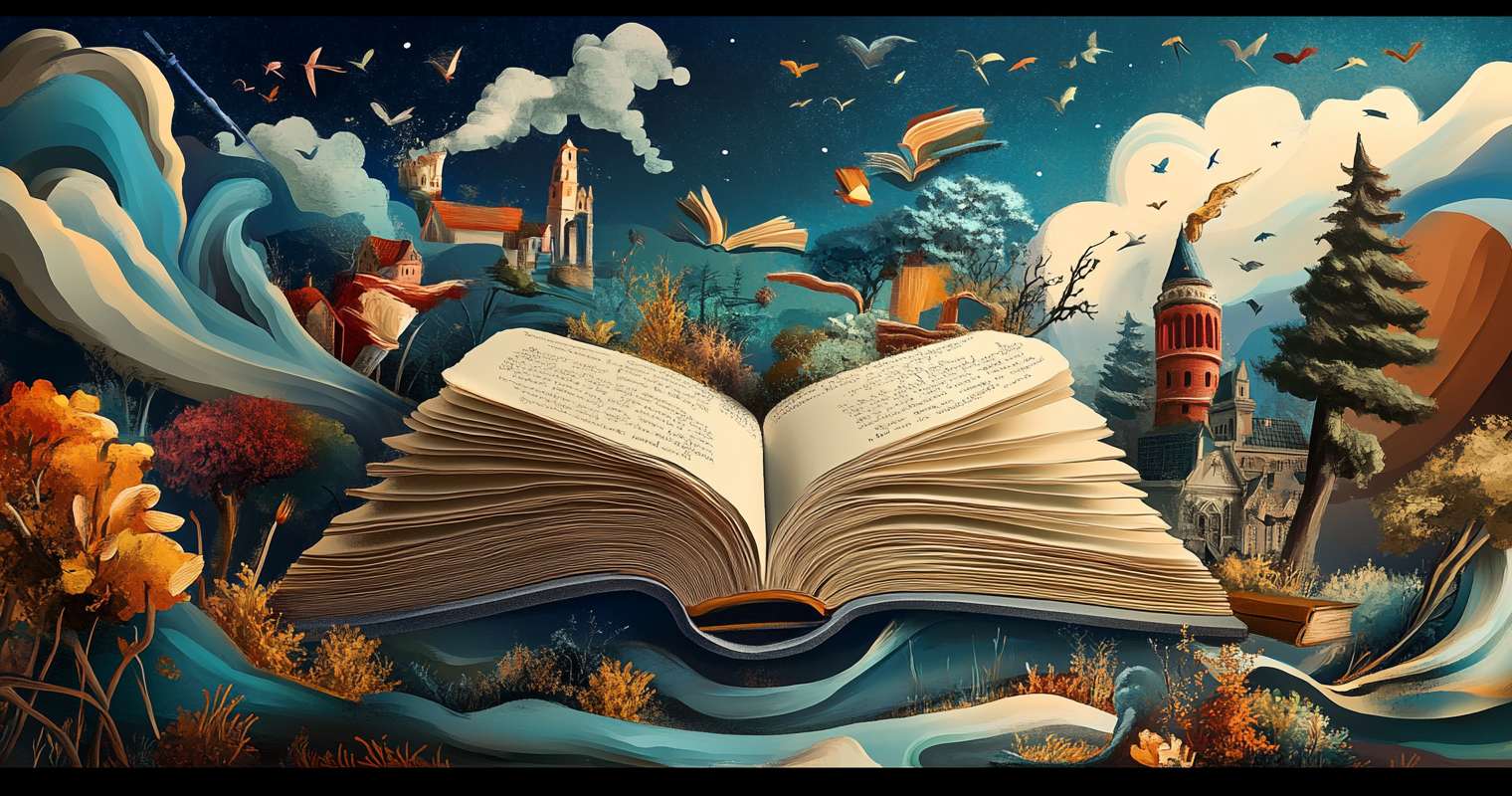
English 12 Literary Terms Quiz, Test Your Literary Knowledge. The English 12 Literary Terms Quiz challenges your ability to identify and understand essential literary devices and concepts. Mastering these terms improves reading comprehension, enhances writing style, and strengthens literary analysis skills.
Key English Literary Terms and Their Definitions
1. Figurative Language:
Figurative language uses words creatively to express ideas beyond their literal meaning.
Examples:
The English 12 Literary Terms Quiz tests your ability to recognize, define, and apply literary terms. Each question presents a sentence, passage, or definition, asking you to identify the correct term. Detailed explanations follow each answer, reinforcing your understanding and clarifying common errors.
- Metaphor: Time is a thief. (Implied comparison)
- Simile: Her smile was like sunshine. (Comparison using like or as)
2. Sound Devices:
Sound devices enhance the musical quality of writing.
Examples:
- Alliteration: Peter Piper picked a peck of pickled peppers. (Repetition of initial consonant sounds)
- Assonance: The rain in Spain stays mainly on the plain. (Repetition of vowel sounds)
3. Structural Elements:
These terms describe how a text is organized and developed.
Examples:
- Plot: The sequence of events in a story, including exposition, rising action, climax, falling action, and resolution.
- Foreshadowing: Hints about future events. “Little did she know, this would be her last trip.”
4. Characterization:
Characterization describes how authors develop characters.
- Direct characterization: The author tells you about the character. “She was kind and generous.”
5. Literary Techniques:
These tools add depth and meaning to writing.
Examples:
- Irony: A contrast between expectation and reality. “What a beautiful day,” she said, as it poured rain.
- Symbolism: Using objects to represent larger ideas. A dove symbolizes peace.
6. Point of View:
Point of view defines the narrator’s perspective.
- First-person: “I walked to the store.” (The narrator is part of the story.)
- Third-person limited: “She wondered what he was thinking.” (Focus on one character’s thoughts.)
7. Theme and Tone:
- Theme: The central message or underlying idea. “Courage often comes from unlikely places.”
8. Other Essential Terms:
- Hyperbole: Extreme exaggeration. “I’ve told you a million times!”
- Imagery: Descriptive language appealing to the senses. “The scent of fresh roses filled the air.”
Common Mistakes to Avoid in English 12 Literary Terms
1. Confusing Metaphor and Simile:
Incorrect: Her eyes were as deep as the ocean. (This is a simile, not a metaphor.)
Correct: Her eyes were the ocean.
2. Misinterpreting Irony:
Incorrect: It’s ironic that it rained after the weather forecast predicted rain. (That’s expected, not ironic.)
Correct: It’s ironic that it rained during a “Sunshine Festival.”
3. Overlooking Theme:
Incorrect: The theme of Romeo and Juliet is love. (Too broad; needs to reflect the deeper message.)
Correct: The theme of Romeo and Juliet is how impulsive love can lead to tragic consequences.
Why This Quiz Matters for Reading and Writing
Understanding literary terms enhances your ability to analyze texts, identify themes, and appreciate an author’s craft. It also strengthens your own writing by helping you apply these techniques effectively.
Incorrect: The poem uses “big words” to sound fancy.
Correct: The poem’s use of elevated diction creates a formal tone.
How This Quiz Improves Your Literary Skills
By practicing regularly, you’ll sharpen your critical reading skills, write with greater precision, and succeed in literary analysis tasks.
Are You Ready for the English 12 Literary Terms Quiz?
Can you confidently distinguish between metaphor and symbolism, tone and mood, alliteration and assonance? Do you know when a character is being indirectly characterized or when an author is using foreshadowing?Take the English 12 Literary Terms Quiz now and discover how well you understand these essential literary concepts. Challenge yourself, expand your knowledge, and become a more insightful reader and writer today!
